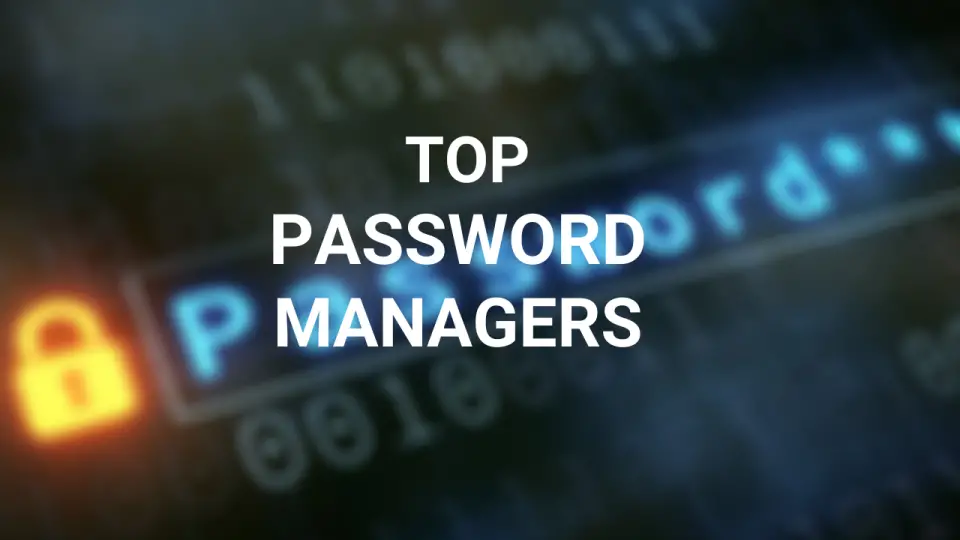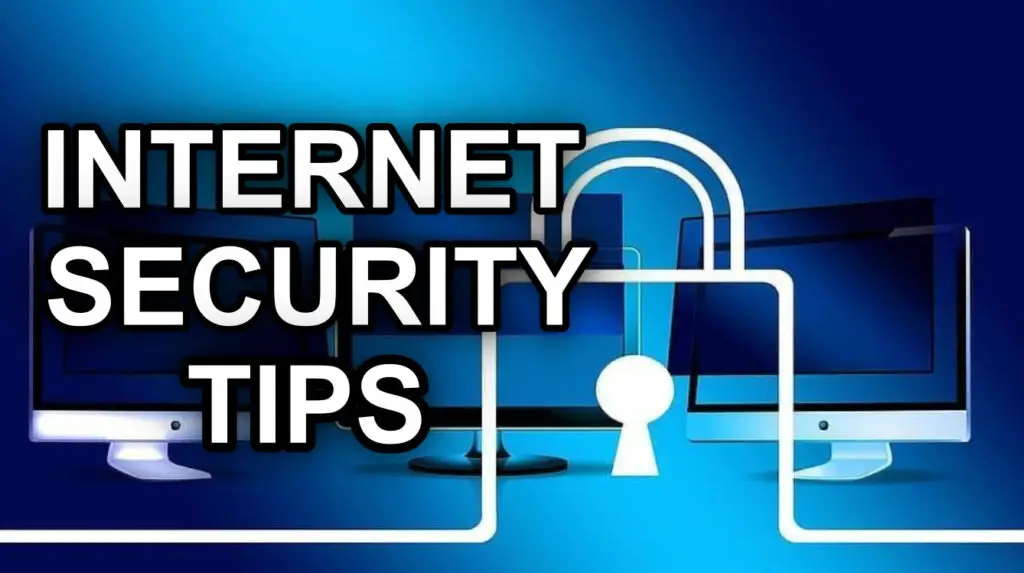There are a whole lot of reasons why people love cryptocurrencies so much & hackers too. Anonymity, hassle-free trading, zero fees – you name it. As the world embraces Bitcoin, the option of doing business and paying with it is almost everywhere. You need to safeguard your crypto wallet from hackers because crypto has no centralized entity to enforce the law.
Even after the bear market, people are investing in crypto. The hype of crypto started in late 2017 and gained popularity across the globe; many people bought crypto just because other people were buying it.
With little knowledge about blockchain technology, it was a lucrative investment for many. Many crypto coins popped up like fungus without any proper roadmap or future scope.
But the current bear market is also a good time to buy bitcoin and other altcoins. You have to be careful about which crypto you are buying.
After the bear market started, there was a huge price drop in Bitcoin and other altcoins, and many of them went out of business within a few months.
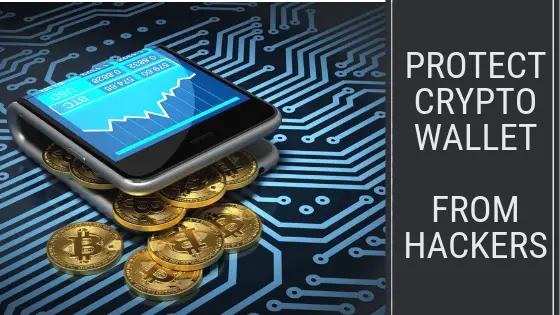
Some of the exchanges, like Coinsmarkets, went offline, stealing millions of dollars in crypto. Newzealand crypto exchange Cryptopia went bank corrupt and still holds users’ crypto coins without any hope to resume trading. And who doesn’t know about the Bitconnect crypto scam? One of the largest scams in cryptocurrency history.
There were tons of hacks and attacks on these exchanges as well as on the end-user accounts. Even I got hacked by Russian hackers, who stole my crypto worth $850. (You can check the video on my YouTube Channel.)
How to Protect Crypto Wallet From Hackers & Malware
A hacker or malware can cause crypto loss, and the anonymity of crypto transactions also makes them lucrative for hackers. They can hack into your computer or wallet if you are not protecting your crypto.
The bear market is a good time to jump into crypto if you haven’t already. But contrary to popular belief, the crypto wallet you’re so eager to create may not be the safest choice unless you tread carefully.
Luckily, you have a fair share of options for protecting your hard-earned money. Here are some important tips to protect your crypto wallet.
1. Consider investing in a hardware wallet
The online wallet is convenient and free, but the caveat is that it doesn’t guarantee 100% protection against hackers. If the exchange gets hacked or goes out of business, then you will lose all your crypto.
A hardware wallet like Ledger Nano is an offline device where you can store your crypto coins and do transactions when needed.

The hardware wallet is only connected to one of your devices during the time when you’re actually using it and remains offline 99% of the time. By design, it makes it much less likely for an unauthorized individual to mess with it.
The only risk of losing the Bitcoin you’re storing on it is due to a hardware failure, so make sure to backup regularly.
2. Use a VPN when accessing your wallet
A VPN is recommended while doing such cryptocurrency transactions?” You can use Nord VPN or any other that you like. In today’s world, it’s not up for debate. One of the ways a hacker can launch a cyber attack against you is to know your real IP.
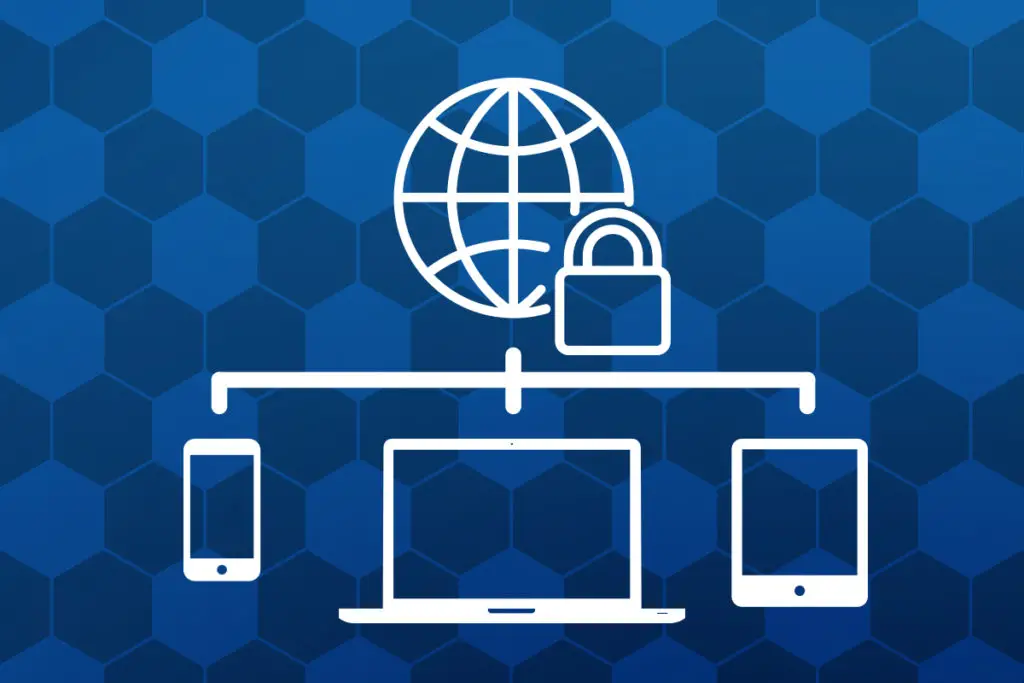
Therefore, it’s you must protect it at all times. Another reason for using a VPN is the fact that nobody will be able to eavesdrop on your connection when you’re accessing the internet through public Wi-Fi, that’s not exactly known for being the most secure option out there.
But it is convenient; that goes without saying. So, if you’re using it, at least make sure to stay protected.
A VPN can help you access your crypto wallet without revealing your IP address to any hacker trying to steal your crypto.
3. Mind what you download
There could be all sorts of malware lurking in the files you’ve downloaded, so proceed with caution.
In case you get infected with a keylogger, every keystroke will be recorded and stored in a log, monitored, and parsed by hackers searching for login credentials. So don’t be naive; never open an attachment you don’t recognize.
To be on the safe side, scan every file with an antivirus before you run it. Don’t download software cracks or patches. These cracks come with different types of malware attached to them.
Malware can cause serious damage to your computer and can pass out your private information to hackers.
4. Turn on two-factor authentication
Two-factor authentication is not only for the show. If the wallet allows it, you’d be wise to take advantage of it.
When you have it on, even if someone were to steal your login credentials, they would still need to access your phone for the login to go through. As it happens, obtaining your login credentials through digital means and physical access to your phone simultaneously is quite hard for a hacker to accomplish.
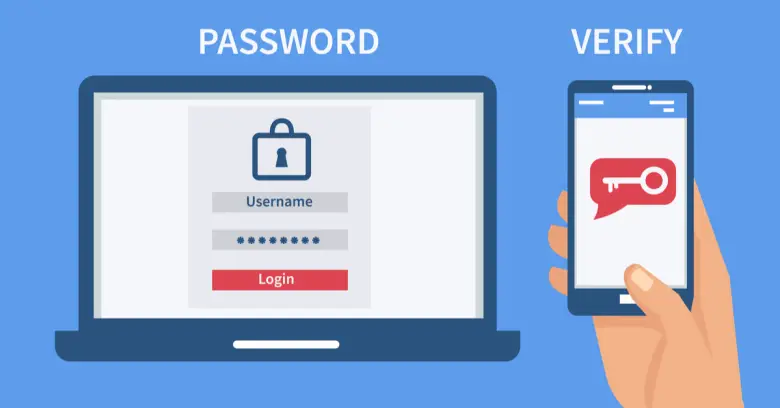
You can use Google Authenticator or Authy to enable 2-factor authentication of different exchanges. Make sure you back up the secret key from your wallet provider in case you lose your smartphone.
5. Be picky in regards to the wallet provider you choose
Sticking with reputable companies and avoiding no-name brands can hardly steer you wrong. You can (and should) research the provider before deciding to pour your hard-earned cash into the account.
When you entrust your funds to any of them, you’re subjecting yourself to a certain risk; they can flee with your funds at any time, claiming to have been hacked. The maneuver is known as the exit scam, and it preys on the naive. Don’t be one of them.
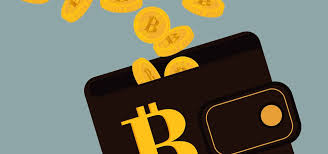
There were many such exit scams reported in the last few years, as I mentioned above. The Coinsmarkets ran away with users’ crypto, and I was also one of their users who lost crypto in this exchange.
So don’t follow the herd and choose wisely. Some lucrative crypto coins may be available on small exchanges; don’t just blindly buy from there; do your research, read reviews, and then decide.
6. Protect your private key
One of the ways you can go about securing your crypto funds is to stick to offline wallets exclusively. In this case, you must take extra care to ensure that your private key stays safe.
Otherwise, whoever gets their hands on it can overtake your entire account and steal everything you’re storing in the wallet. If you must store it somewhere, the offline route is recommended (such as a piece of paper or a USB key).
The online storage is subject to hackers and their devious ploys, so if you absolutely must store the key there, you can’t go wrong with applying an extra layer of encryption.
Never save your private keys in the computer’s hard drive, which stays online; keeping your private keys on a computer is the biggest mistake you can make.
If you still want to save the private key on the hard drive, then make sure the drive is encrypted. Also, there are some secure cloud storage services that provide end-to-end encrypted space. You can choose them too, but there is still some risk if they get hacked, you will lose your crypto.
If you use an iPhone, use the secure vaults to keep your crypto data safe in lockers.
7. Use a strong password
That is a no-brainer, but still, people use small and easy passwords. You should use a different password for every single account, which includes the wallet.
Yes, it is humanly not possible to remember passwords containing long digits for every account. For that, you can use a password manager.
Most of the managers will create a strong password with 64 digits and characters for every site you log in to and remember that for you. All you need to remember is the main password for the password manager you are using.
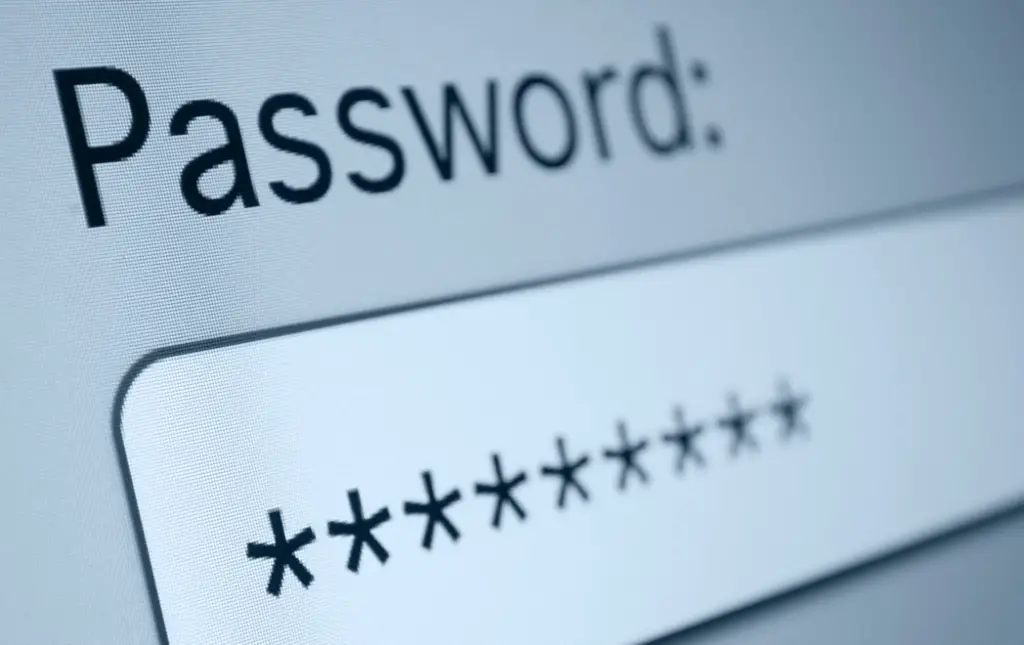
If you don’t prefer password managers, then create strong alphanumeric passwords using numbers and special characters. Make sure to remember the password, but do not save your passwords in the browser.
I did an experiment that showed how saving your passwords in Google Chrome can put your passwords at risk. Make sure you check it.
8. Use multiple accounts
This is similar to any kind of investment. It will be devastating if you save all your money in a single account and somehow lose track.
If you opt to use multiple accounts, even if you lose one, you will still have your crypto-currencies on other accounts. Thus losing less than you might have. On the flip side, keeping track of multiple accounts is also a hustle, but this is a security risk management strategy.
Many reputable online wallets are available, like Binance, Hitbtc, Coinbase, etc. If you are saving your crypto in newer online wallets, then make sure to check their reputation and security parameters, which are capable of protecting cryptocurrencies in your wallet.
9. Make small transactions
Making huge transactions at once puts you on the hot list of hackers who are looking to reach individuals. The recommendation is to start with small transactions. In case you make any mistakes, the smaller trades up will not hurt you that much, either.
If you are doing high-volume transactions, then be careful. Any snooper can track your transaction activities and may try to change the wallet address during the transaction.
10. Do not talk about the investments
The last suggestion is to keep your investment secret. It does not mean you cannot discuss it with your family. We are talking about online communities like Facebook, Instagram, and Twitter.
Crypto-criminals always scout social media and online forums to find their next target. Getting information about crypto-wallets from someone you already know and trust is better.
Conclusion
In the end, you are responsible for protecting your crypto funds. Why not take the proactive approach and go the extra mile to ensure they stay safe?
Also Read –


